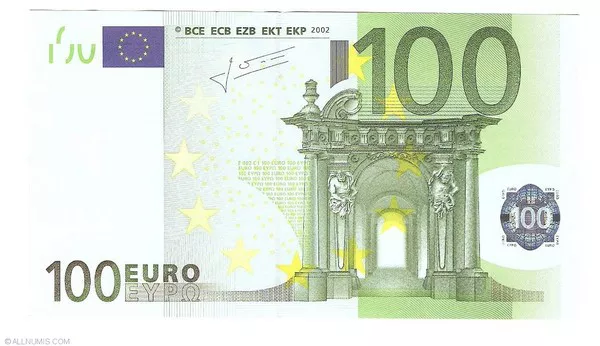The European Central Bank (ECB) has recently reassured investors that the status of the euro has not been lost, despite ongoing challenges from the COVID-19 pandemic and global economic uncertainty. The ECB’s President, Christine Lagarde, has emphasized the bank’s commitment to maintaining the stability of the euro and supporting economic recovery across the Eurozone.
Here are some key points to consider:
Confidence in the euro
The ECB has consistently emphasized its confidence in the euro and its ability to weather the challenges posed by the pandemic and global economic uncertainty. This confidence is based on the strength of the Eurozone’s institutions, as well as the ECB’s commitment to its mandate of price stability and supporting economic growth.
Recovery measures
The ECB has taken a range of measures to support economic recovery across the Eurozone, including expanding its asset purchase program and providing liquidity support to banks. These measures have helped to stabilize financial markets and support lending to households and businesses.
Digital euro
The ECB is also exploring the possibility of issuing a digital euro, which would provide a secure and accessible digital payment option for consumers and businesses. This could help to strengthen the position of the euro in the global economy and support its use as a reserve currency.
Cooperation with other central banks
The ECB has also emphasized the importance of cooperation with other central banks, including the US Federal Reserve and the Bank of Japan, to support global economic stability and promote the use of international currencies such as the euro.
Impact of Brexit
The UK’s departure from the European Union has raised questions about the future of the euro as a global currency. However, the ECB has emphasized that the euro remains a strong and stable currency, with the potential to attract new users and investors in the future.
Challenges ahead
Despite the ECB’s confidence in the euro, there are still challenges ahead, including ongoing uncertainty around the pandemic and potential inflationary pressures. The ECB will need to continue to monitor these risks and take appropriate measures to ensure the stability of the euro.
In conclusion, the ECB’s reassurances about the status of the euro reflect its commitment to maintaining the stability of the Eurozone economy and promoting the use of the euro as a global currency. While there are challenges ahead, the ECB’s actions to support economic recovery and explore new initiatives such as a digital euro suggest that it remains confident in the long-term prospects of the euro.


























